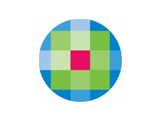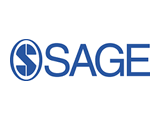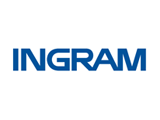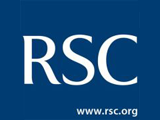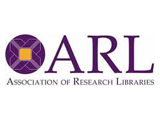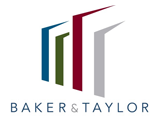Lippincott Williams & Wilkins (LWW), part of Wolters Kluwer Health, today launched the first fully interactive, mobile edition of Barash’s Clinical Anesthesia, the authoritative text on anesthesiology. For the first time, readers can access the text plus all of the interactive multimedia content using their iPad® tablets and iPhones. The new digital package also allows subscribers to access the content online through a PC or Mac browser, and to receive the complete print edition—all for a single price.
Edited by six distinguished anesthesiologists from leading teaching institutions including Drs. Paul Barash of Yale University, Michael Cahalan of University of Utah, Bruce Cullen of University of Washington, Rafael Ortega of Boston University, textbook author Robert Stoelting, and Christine Stock of Northwestern University, Clinical Anesthesia, Seventh Edition covers the full spectrum of clinical options, providing authoritative coverage of pharmacology, physiology, co-existing diseases, surgical procedures, anesthesia equipment, and much more. All of the areas found on certification and recertification exams are covered in detail including patient preparation and positioning, airway management, nerve blocks and muscle relaxants, anesthetic effects on organ function, neonatal and pediatric considerations, and postoperative recovery.
The new e-textbook, built on the Inkling platform, incorporates a rich collection of video and images designed to give residents and practitioners one of the most detailed and comprehensive reviews of anesthesiology. Nearly 300 videos and more than 800 photographs and illustrations help demonstrate teaching points for procedures and concepts.
“It is the first anesthesia textbook of the 21st century to be built from the ground up specifically for use on an electronic platform,” said Dr. Barash. “Dazzling in its graphic make up, we use a combination of images, videos and tables which can be transferred to a PC, tablet or smartphone to enhance the reader’s understanding of our materials.”
The new Clinical Anesthesia e-textbook allows users to harness powerful interactive capabilities such as a precise index-based search across the entire text. Users also can select terms in the text and look them up on the fly using an electronic glossary, as well as highlight and take notes within the text and share with others in a study group. All referenced cases, studies and pages are linked throughout for instant access. Optimized video and high-resolution images offer breathtaking display on the iPad and iPhone.
All of the content is updated bi-monthly and includes regular postings of new videos.
Designed for residents, anesthetists in training, and practitioners, Clinical Anesthesia, Seventh Edition, is available now for one price that includes all three formats (print, website and mobile download) for $229.99. Download only is also available for the same price. For more information or to purchase, visit LWW.com.






















